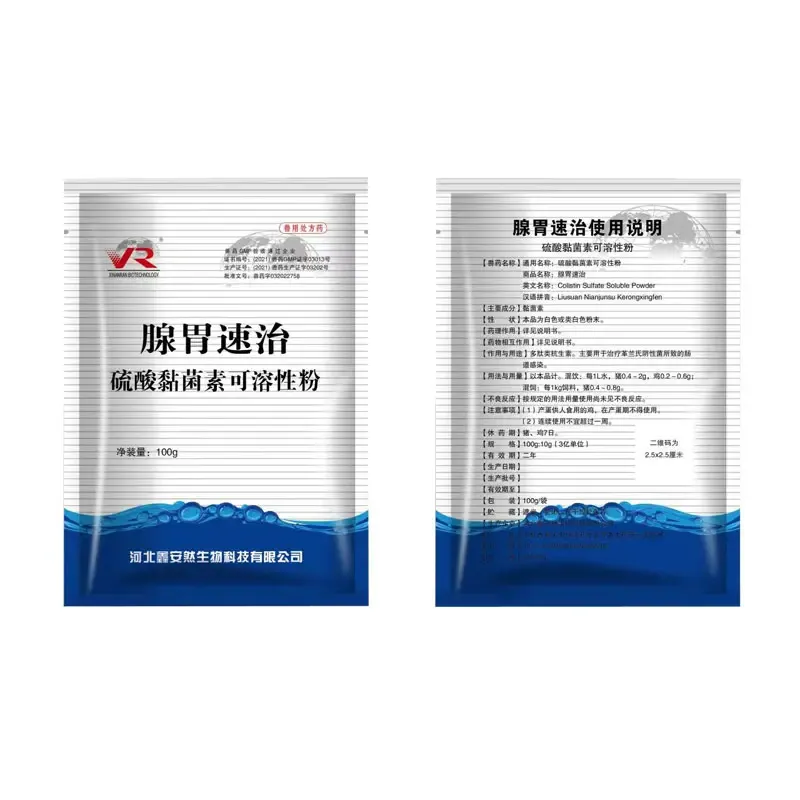- Afrikaans
- Albanian
- Amharic
- Arabic
- Armenian
- Azerbaijani
- Basque
- Belarusian
- Bengali
- Bosnian
- Bulgarian
- Catalan
- Cebuano
- Corsican
- Croatian
- Czech
- Danish
- Dutch
- English
- Esperanto
- Estonian
- Finnish
- French
- Frisian
- Galician
- Georgian
- German
- Greek
- Gujarati
- Haitian Creole
- hausa
- hawaiian
- Hebrew
- Hindi
- Miao
- Hungarian
- Icelandic
- igbo
- Indonesian
- irish
- Italian
- Japanese
- Javanese
- Kannada
- kazakh
- Khmer
- Rwandese
- Korean
- Kurdish
- Kyrgyz
- Lao
- Latin
- Latvian
- Lithuanian
- Luxembourgish
- Macedonian
- Malgashi
- Malay
- Malayalam
- Maltese
- Maori
- Marathi
- Mongolian
- Myanmar
- Nepali
- Norwegian
- Norwegian
- Occitan
- Pashto
- Persian
- Polish
- Portuguese
- Punjabi
- Romanian
- Russian
- Samoan
- Scottish Gaelic
- Serbian
- Sesotho
- Shona
- Sindhi
- Sinhala
- Slovak
- Slovenian
- Somali
- Spanish
- Sundanese
- Swahili
- Swedish
- Tagalog
- Tajik
- Tamil
- Tatar
- Telugu
- Thai
- Turkish
- Turkmen
- Ukrainian
- Urdu
- Uighur
- Uzbek
- Vietnamese
- Welsh
- Bantu
- Yiddish
- Yoruba
- Zulu
dec . 11, 2024 10:13 Back to list
Gentamicin Sulfate Antimicrobial Properties and Clinical Applications in Infection Treatment
Gentamicin Sulfate An Overview of Its Uses, Mechanism, and Safety
Gentamicin sulfate is an aminoglycoside antibiotic that has been widely employed in clinical settings for the treatment of various bacterial infections. First discovered in the 1960s, gentamicin is derived from the soil bacterium Micromonospora purpurea and has established itself as a critical agent in the fight against infections caused by gram-negative bacteria, particularly in cases where other antibiotics may be ineffective.
Mechanism of Action
The primary action of gentamicin sulfate is to inhibit bacterial protein synthesis. It achieves this by binding to the 30S ribosomal subunit of bacteria, leading to a disruption in the reading of mRNA. This interference results in the production of defective proteins, effectively stalling bacterial growth and replication. Gentamicin is particularly potent against a range of pathogenic organisms, including Pseudomonas aeruginosa, Escherichia coli, and various strains of Klebsiella and Serratia.
Clinical Uses
Gentamicin sulfate is frequently administered in a clinical setting for both systemic and topical infections. In hospitals, it is often used for serious infections such as sepsis, pneumonia, urinary tract infections, and infections in immunocompromised patients. It is particularly beneficial for treating infections caused by aerobic gram-negative organisms, making it a key player in the empirical treatment of febrile neutropenia and other similar conditions.
In dermatology, gentamicin sulfate is incorporated into topical formulations for the treatment of localized infections. Creams, ointments, and eye drops containing gentamicin are effective in treating skin infections, conjunctivitis, and certain types of otitis (ear infections).
Administration and Dosage
gentamicin so4

Gentamicin can be administered via various routes, including intramuscular (IM), intravenous (IV), or as a topical application. The dosage of gentamicin sulfate varies depending on the severity of the infection, kidney function, and the specific pathogens involved. Monitoring of serum levels is critical to ensure therapeutic effectiveness while preventing toxicity, especially since gentamicin has the potential for serious side effects.
Safety and Side Effects
While gentamicin sulfate is effective, it is not without risks. One of the major concerns associated with its use is nephrotoxicity (kidney damage) and ototoxicity (hearing loss). These adverse effects are particularly prevalent in patients with pre-existing renal issues or those receiving high doses for prolonged periods. Routine monitoring of kidney function and hearing is, therefore, a standard practice during gentamicin therapy.
Other potential side effects may include allergic reactions, skin rash, and local irritation at the site of application. It is advisable for healthcare providers to weigh the benefits against the risks when prescribing gentamicin sulfate and to consider alternative agents if necessary.
Conclusion
Gentamicin sulfate remains a crucial antibiotic in modern medicine, particularly in treating severe bacterial infections. Its ability to target resistant gram-negative bacteria has made it an indispensable tool in the arsenal against infectious diseases. However, as with any powerful medication, careful consideration must be given to its use. Monitoring for potential side effects and dose adjustments based on renal function are essential to ensure patient safety and maximize therapeutic efficacy.
In summary, gentamicin sulfate exemplifies the balance between effective antibiotic therapy and the need for vigilance in monitoring its risks. As antibiotic resistance continues to rise globally, the role of agents like gentamicin in treating serious infections is more important than ever, necessitating ongoing research, education, and prudent prescribing practices in the healthcare community.
-
Guide to Oxytetracycline Injection
NewsMar.27,2025
-
Guide to Colistin Sulphate
NewsMar.27,2025
-
Gentamicin Sulfate: Uses, Price, And Key Information
NewsMar.27,2025
-
Enrofloxacin Injection: Uses, Price, And Supplier Information
NewsMar.27,2025
-
Dexamethasone Sodium Phosphate Injection: Uses, Price, And Key Information
NewsMar.27,2025
-
Albendazole Tablet: Uses, Dosage, Cost, And Key Information
NewsMar.27,2025













